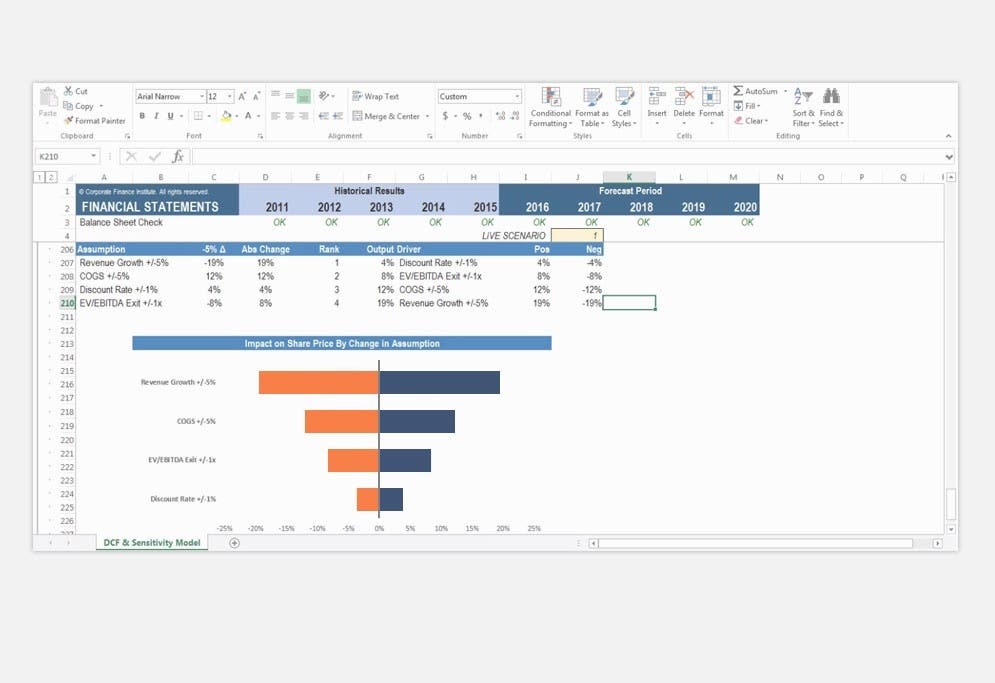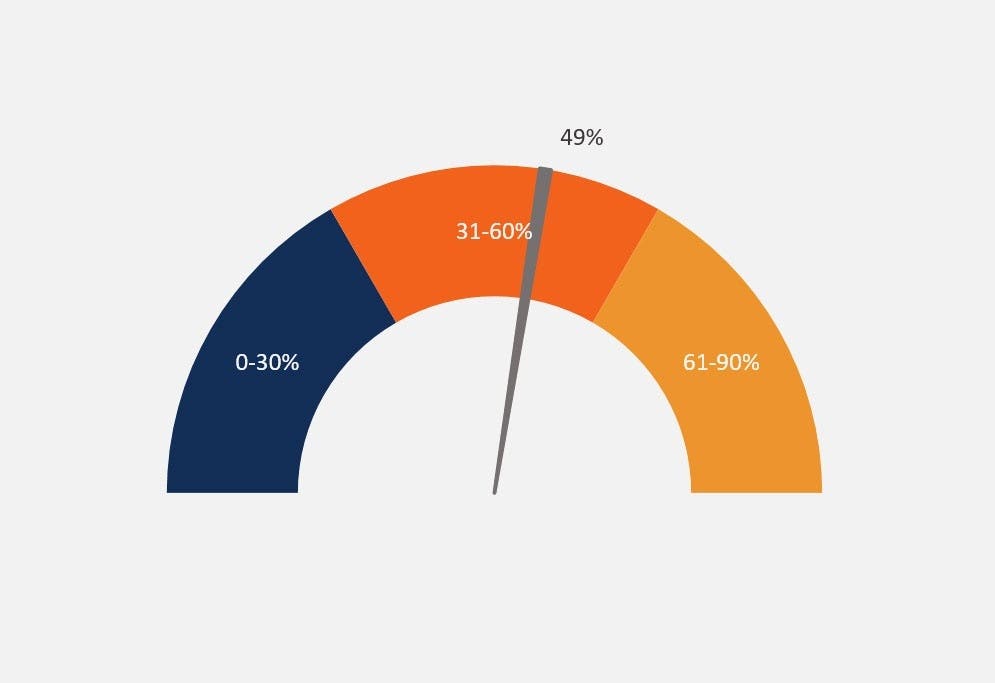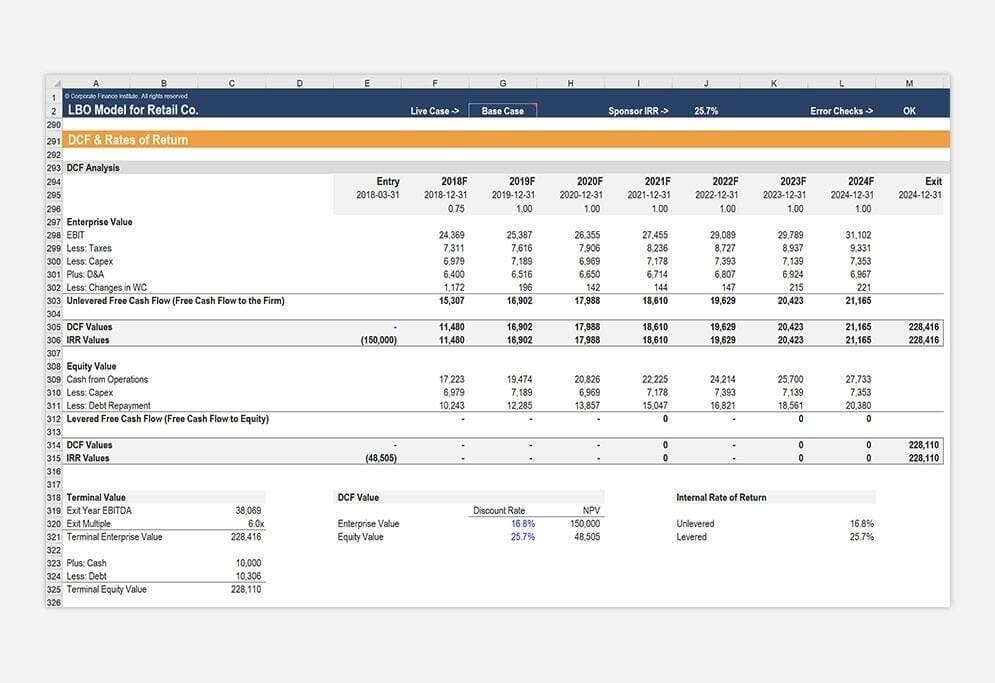Colombian Peso (COP)
What is the Colombian Peso (COP)? The Colombian Peso is the official currency of the Republic of Colombia. The peso is sometimes designated with a standard dollar sign – $ – and at other times denoted as COL$. The forex market symbol for the Colombian peso is COP. The peso is divided into 100 centavos….





